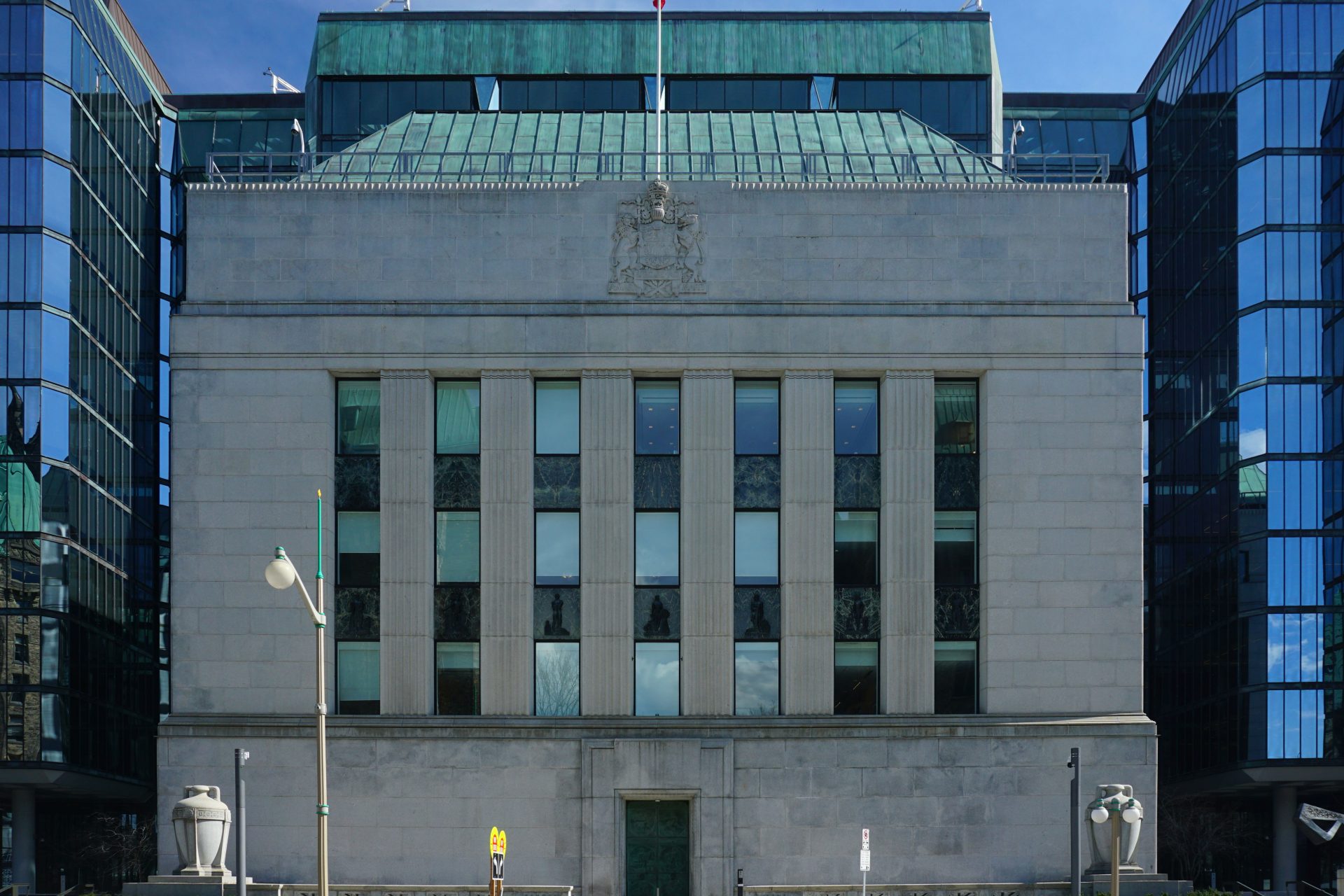Canada might be facing biggest housing bubble ever expert says
Housing prices in Canada have long been detached from reality and one expert is now warning the country could be facing the largest housing bubble the world has ever seen.
Phillip Colmar is a managing partner and global strategist at MRB Partners, a worldwide research firm, and he believes new data from Statistics Canada is extremely worrying.
Screenshot from Facebook @clarienbank
Specifically, Colmar is concerned about the unprecedented levels of debt that could put several Canadian households at risk according to a brief report from MPA Magazine.
Data from Statistics Canada showed that the portion of disposable income in relation to household credit market debt had jumped up to 184.7% in the first quarter of 2023.
Canadians borrowed roughly $16.5 million dollars in the first quarter of 2023 with a lot of that money being mortgage debt, which accounted for $11.6 billion dollars.
“Canada is probably sitting on the largest housing bubble of all time,” Colmar explained to BNN Bloomberg in an interview, warning that the “worst part for a housing bubble is when you have [a] credit bubble underneath it.”
Colmar noted that inflated housing prices in Canada were the result of two decades of access to cheap money, a situation that was made possible by the Bank of Canada.
Photo Credit: Wiki Commons
However, mortgage rates are climbing high with interest rate increases at a time when bond yields are down and Canadian households have “sky high” debt-to-income ratios.
Colmar said that “the amount of Canadian leverage into the system versus incomes is pretty astronomical—and we’ve seen debt servicing going up dramatically.”
The MRB Partners global strategist concluded by saying a risk ahead if mortgage rates were pushed higher and if there was a rise in unemployment or a recession, noting it would end in a deleveraging cycle.
More for you
Top Stories























